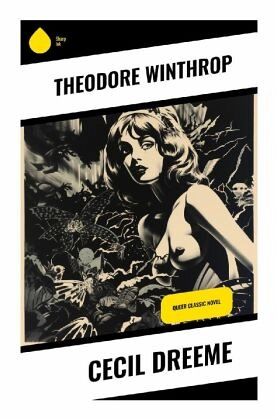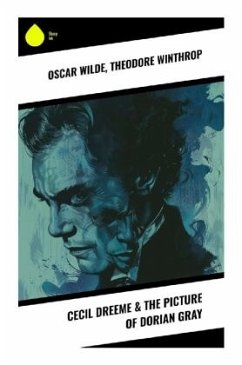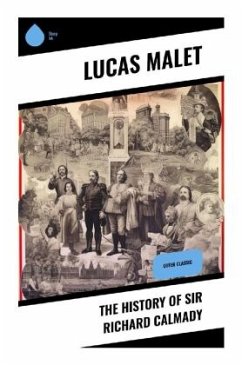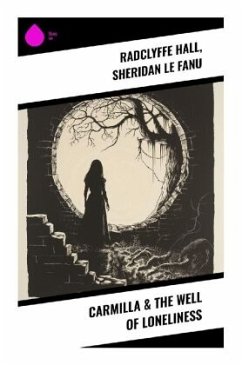
Cecil Dreeme
Queer Classic Novel
Versandkostenfrei!
Versandfertig in 6-10 Tagen
10,60 €
inkl. MwSt.

PAYBACK Punkte
0 °P sammeln!
In "Cecil Dreeme," Theodore Winthrop crafts a vivid narrative set against the backdrop of mid-19th century America, exploring themes of ambition, identity, and societal expectations. Written in a rich, Romantic style that blends lyrical prose with philosophical depth, the novel skillfully interweaves the protagonist's internal struggles with the complexities of a changing society. Winthrop's keen observations of character interplay reflect the influences of Transcendentalism and the burgeoning Realism movement of his time, offering readers a nuanced portrayal of both personal and collective as...
In "Cecil Dreeme," Theodore Winthrop crafts a vivid narrative set against the backdrop of mid-19th century America, exploring themes of ambition, identity, and societal expectations. Written in a rich, Romantic style that blends lyrical prose with philosophical depth, the novel skillfully interweaves the protagonist's internal struggles with the complexities of a changing society. Winthrop's keen observations of character interplay reflect the influences of Transcendentalism and the burgeoning Realism movement of his time, offering readers a nuanced portrayal of both personal and collective aspirations. Theodore Winthrop, an early American novelist and a keen observer of his contemporaries, channeled his experiences in academia, travel, and the arts into his writing. His short but impactful literary career was deeply shaped by the tumultuous context of the Civil War and the cultural shifts of his era, which adds depth to the characters and conflicts in "Cecil Dreeme." Winthrop's passion for exploring the human condition through complex characters led him to create this quintessential story marked by emotional resonance. Readers seeking a profound exploration of human aspirations within a richly imagined setting will find "Cecil Dreeme" an enlightening addition to their literary repertoire. Winthrop's exploration of individuality against the currents of society remains a compelling reflection that resonates with contemporary themes, making this work not only relevant but essential for those interested in the foundations of American literature.












